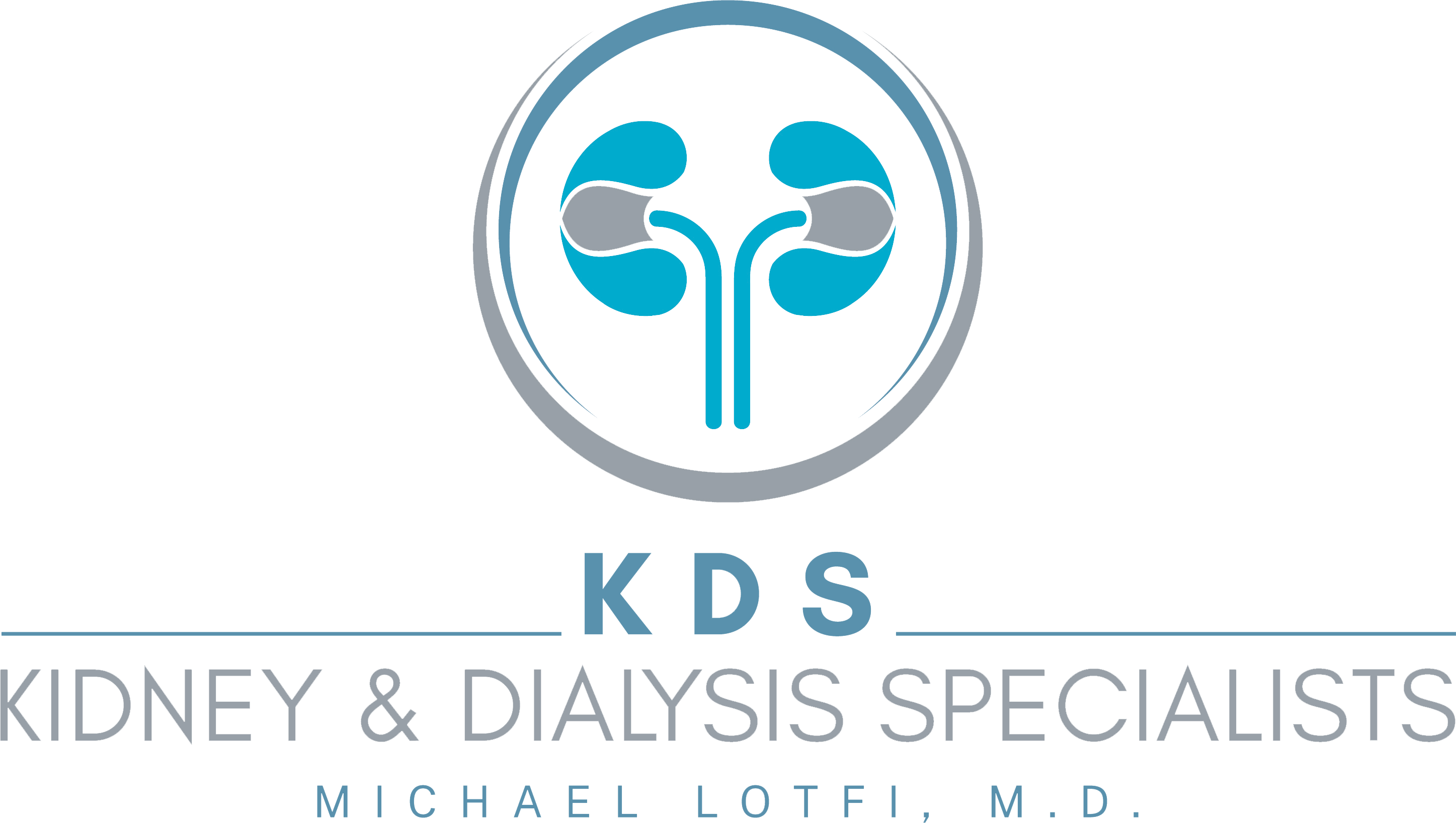This occurs when the loss of kidney function has reached an advanced irreversible stage. Renal failure refers to temporary or permanent damage to the kidneys. The two types of renal failure are:
Acute renal failure- is an abrupt onset and has the potential to be reversed.
Chronic renal failure – is a slow progression that can occur over several months or years, possibly leading towards permanent renal failure.
Symptoms Acute:
Symptoms Chronic:
Causes:

© 2023 Michaellotfimd All Rights Reserved Privacy Policy Sitemap
This site is protected by reCAPTCHA and the Google.
Privacy Policy and Terms of Service apply.
This site is protected by reCAPTCHA and the Google.
Privacy Policy and Terms of Service apply.
©2023 All Rights Reserved michaellotfimd Designed by DotClick